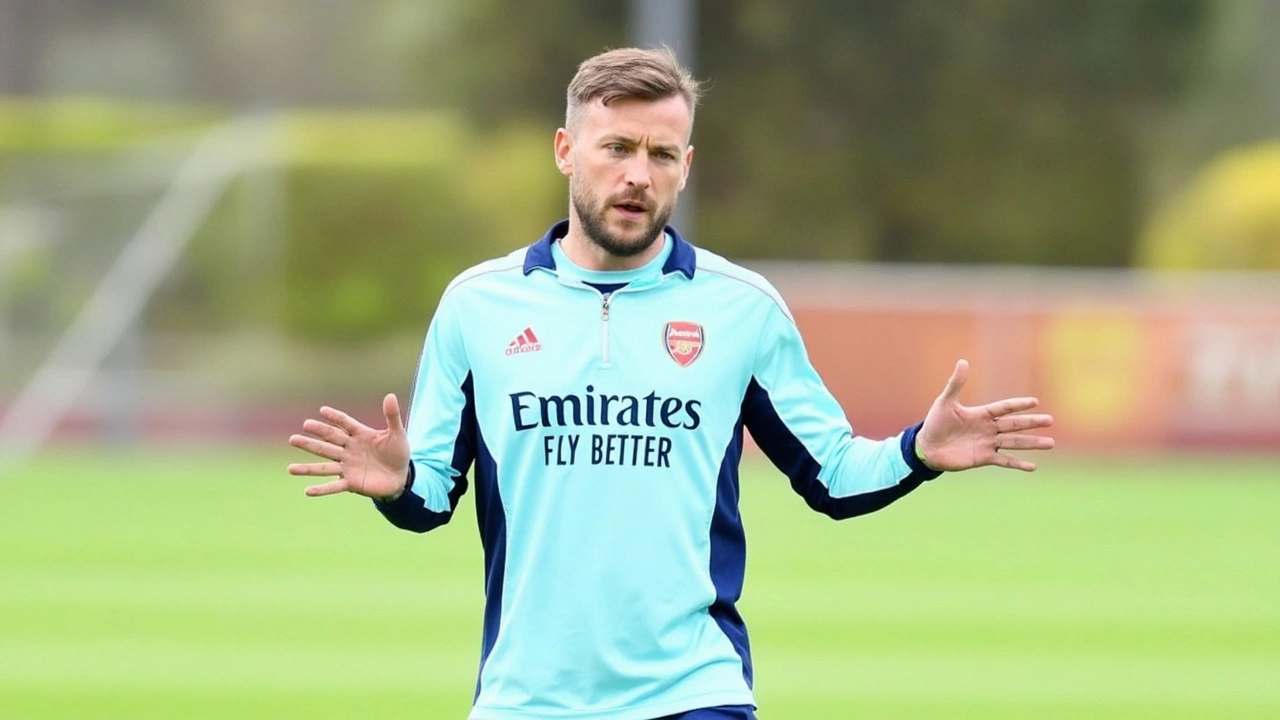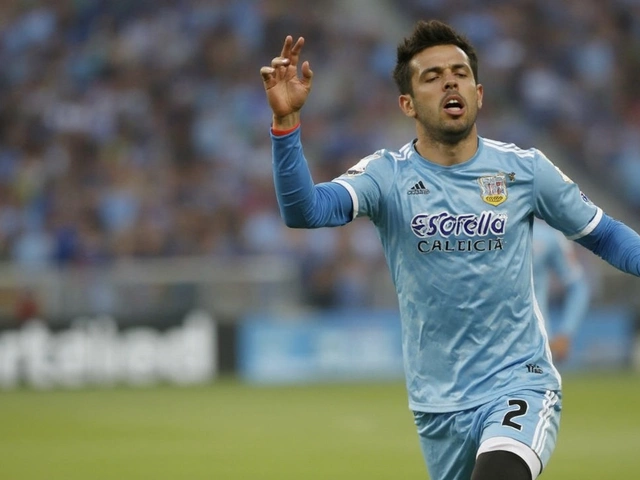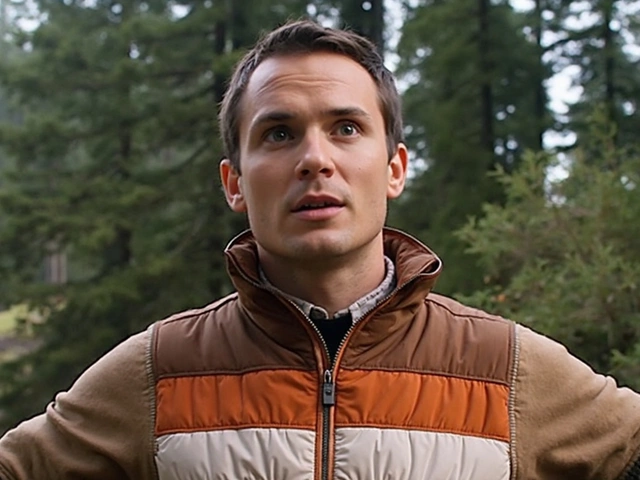Jack Wilshere Finds Familiar Ground in Arsenal U18s’ Dramatic Comebacks
Not many youth football teams can say they’ve pulled off a pair of three-goal comebacks in a single stretch. Arsenal’s Under-18s did just that, and their head coach, Jack Wilshere, believes those wild games reveal something special about his squad—character that’s forged in moments of real pressure.
Wilshere, once a fan favorite on the Emirates turf and well-known for his own battle with injuries, watched his young Gunners fall 3-0 behind, not once, but twice in successive matches. Instead of letting their heads drop, the team fought back on both occasions, clawing their way to 3-3 draws. It’s a rare feat for any group, let alone a bunch of teenagers learning the ropes of elite football.
“They could have given up. Nobody would have blamed them if they had just played the game out quietly,” Wilshere admitted. “But they showed guts. That matters more to me than the points.”

Mental Grit Overcomes the Odds
Wilshere’s perspective isn’t theoretical—he spent years wrestling with repeated injuries that often cast doubt on his career. Like his young players, he had to rebuild, refocus, and learn to trust himself again. He doesn’t shy away from using his own experiences in the trenches of top-level football to challenge his players, letting them know how quickly the game can bring you to your knees and why resilience isn’t just a buzzword.
When the Under-18s went down early in both games, Wilshere noticed old habits creeping in—heads dropping, frustration bubbling. Instead of lecturing, he reminded them how fast football can change if they keep their cool and trust each other. That message, he says, resonated far more than any tactical switch could have. For this group, “sticking together” wasn’t just about team spirit—it was about actual survival on the pitch.
“Composure is hard to teach, but you can show them what it looks like in action,” Wilshere said. “When I recovered from injuries, I had to rely on my teammates, adapt my game, and rediscover confidence bit by bit. I share these stories not just so they know what’s possible, but so they see I’ve been there too.”
The coach points out that adaptability—being able to respond to setbacks with quick tactical adjustments and a united front—became the linchpin for both dramatic turnarounds. Wilshere highlights the way his players reacted to changes mid-game, shifting responsibilities and encouraging each other, as proof that lessons are sinking in. They’re not just playing for themselves, but as a proper Arsenal unit.
He’s also quick to celebrate individual grit within the context of teamwork. The comeback isn’t just about screaming louder or working harder, he explains—it’s about smart decisions and collective belief. He circles back to the basics: keeping shape when the pressure mounts, believing a goal is always possible, and remembering that a game isn’t over until the final whistle.
For Wilshere, these wild weeks might end up as turning points, both for his players and his coaching journey. They’re not just learning how to play; they’re figuring out how to suffer together and come out the other side stronger—a lesson their coach knows too well from his own rollercoaster career.





